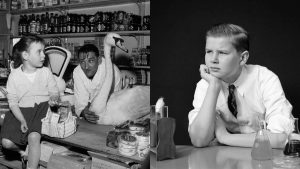Irritating Oldies That Never Really Went Away
When some wildly irritating song makes it to number one or otherwise seems impossible to escape (typically thanks to TikTok), it’s hard not to lament that younger generations are distracted by nonsense and that music was so much better when we were growing up. However, that’s often not as true as it feels in the moment.
Although the youth of the 1960s and ’70s enjoyed some truly timeless classics, the truth is that they liked as much irritating fluff as anyone else. While it’s true that most of the lesser songs of the past have been forgotten, more of them have stuck around than it may seem.
Alvin & The Chipmunks – “The Chipmunk Song”
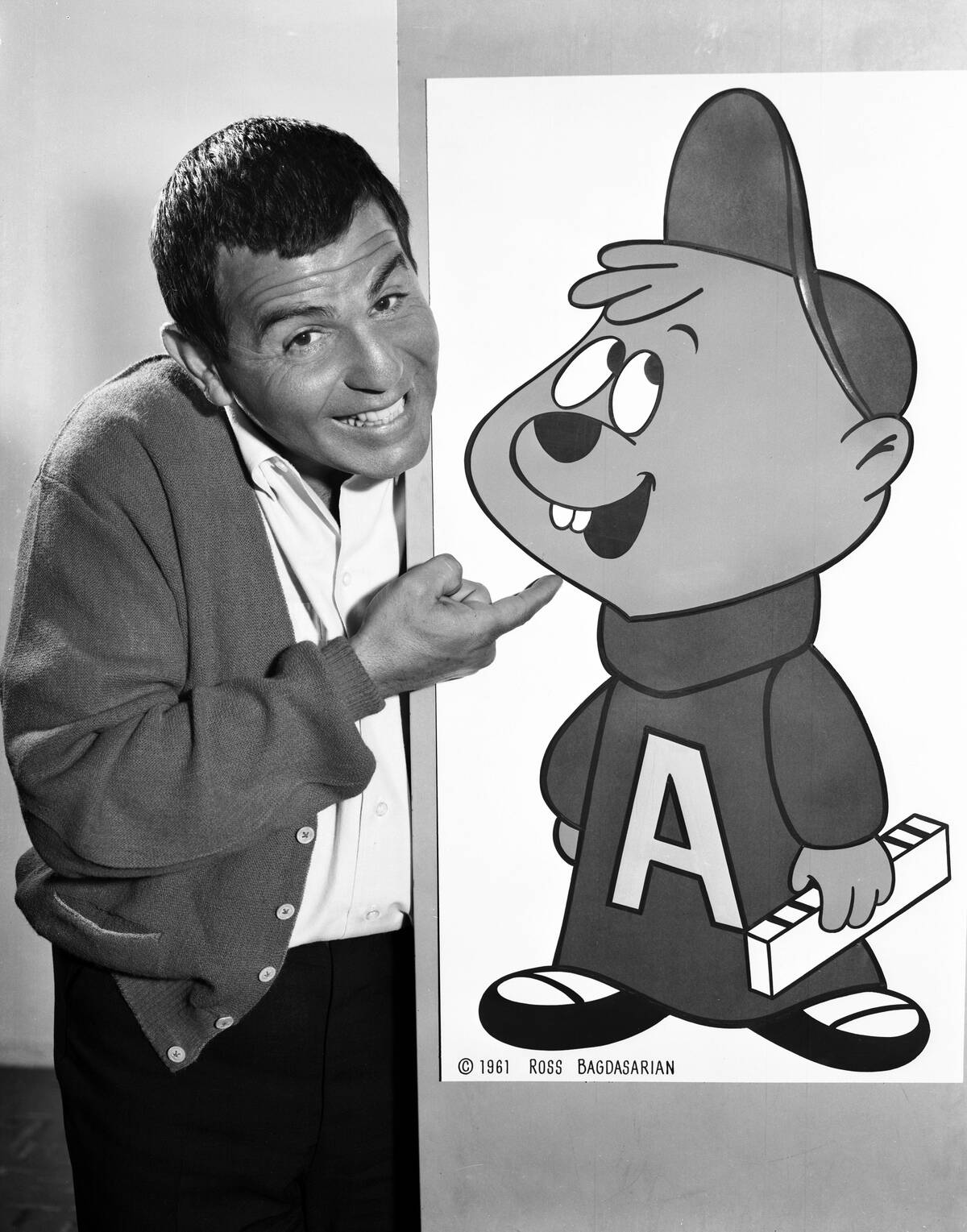
On the one hand, it’s hard not to give it to Chipmunks creator Ross Bagdasarian, as Alvin & the Chipmunks became such a long-term and widespread cultural phenomenon that today’s kids recognize them as much as kids in 1958 did. Moreover, the song that introduced them saved a record label from bankruptcy and introduced the world to the power of sped-up vocals.
That said, knowing “The Chipmunk Song’s” legacy makes it easy to underestimate how quickly this track and the Chipmunks’ shrill voices can wear out their welcome now that the novelty of the group has long worn off. Of course, there’s a new opportunity each Christmas to discover that reality all over again.
Minnie Riperton – “Loving you”
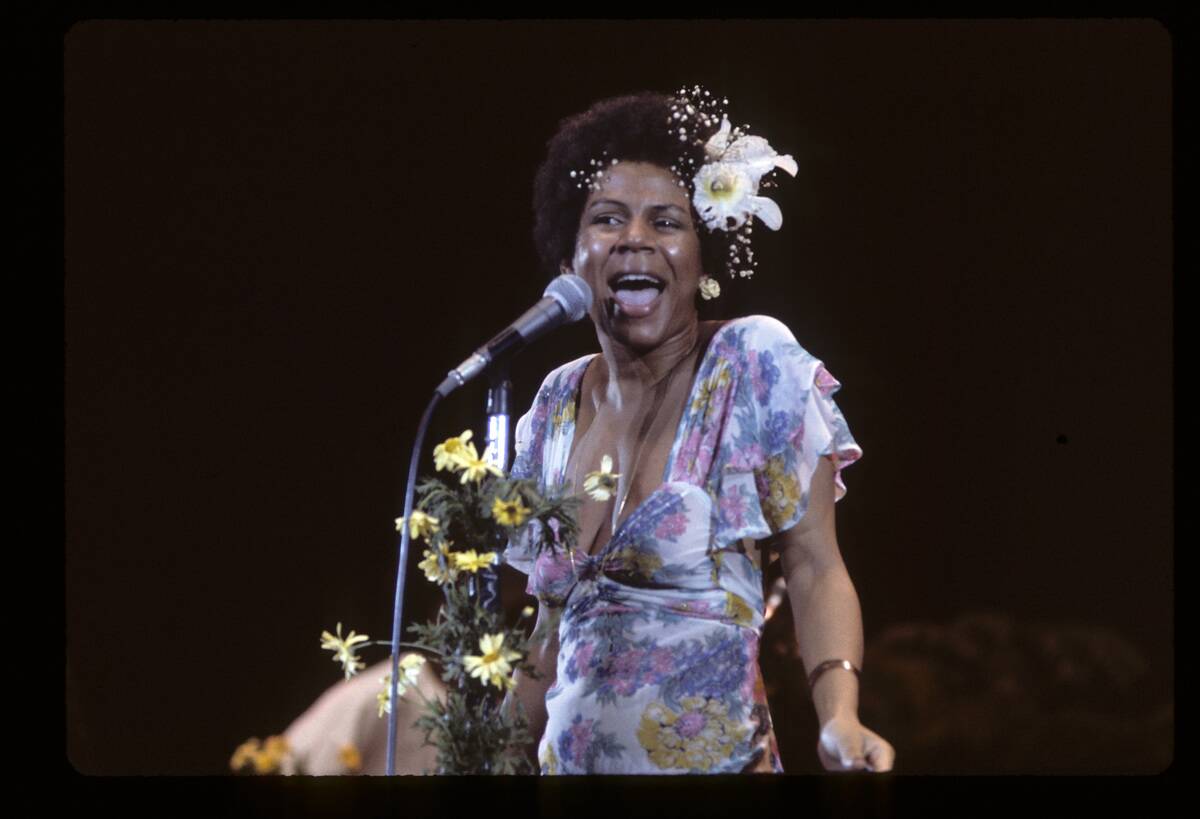
The legacy of “Loving You” is a complicated one because it’s ultimately a sweet and harmless song about tender intimacy by a very talented singer who was taken from the world entirely too young. Indeed, it’s hard not to be intimidated by the famously staggering high note that she hits at the end of the chorus.
Unfortunately, that high note is something of a double-edged sword. Although it’s certainly impressive that Minnie Riperton could hit such a difficult note, there was also no shortage of listeners at the time or since who wish she hadn’t. The song may be soft and sensual, but that note is distractingly ear-splitting and embodies a tone that many people would prefer never to hear again.
Rupert Holmes – “Escape (The Pina Colada Song)”

Although its “If you like piña coladas/And getting caught in the rain” lyric has kept this song memorable for decades, it also tends to be one of the main aspects of the Rupert Holmes song “Escape” that people roll their eyes at in retrospect.
The song’s premise, which follows a man attempting to cheat on his lover through a trite personal ad that she turns out to answer, presents a corny resolution to an ear-catching situation that was very common in the late ’70s. But not only is it hard not to wonder who likes getting caught in the rain enough to prioritize it in a personal ad, but Holmes apparently doesn’t even like piña coladas.
Richard Harris – “MacArthur Park”

In fairness, how irritating “MacArthur Park” sounds can depend a lot on who’s singing it, as there are a surprising number of covers for such a strange song. However, it’s also amazing that this song was ever recorded at all, as veteran songwriter Jimmy Webb gave it some of the most bizarre lyrics in pop history.
Even though it’s a metaphor for lost love, it’s hard to imagine how so many singers could take “Someone left the cake out in the rain/I don’t think that I can take it/’Cause it took so long to bake it/And I’ll never have that recipe again” seriously enough to treat it as the song’s emotional climax. That’s especially true with the hilariously dramatic “Oh noooooo,” they’re supposed to follow it with.
Elmo & Patsy – “Grandma Got Run Over By A Reindeer”

Although the silliness of its premise has made “Grandma Got Run Over By A Reindeer” a perennial choice for the holiday season, that choice often comes at the expense of at least half the people in the room when it’s being played. This song was polarizing when then-married couple Elmo & Patsy first sang it in 1979 and time has not won many converts over.
While it’s true that some people see this as a tongue-and-cheek holiday classic, others think the morbid premise that sees grandma killed by that reindeer plus the chintzy instrumentation and Elmo Shropshire’s vaguely hoarse voice make this a perfect storm of unpleasantness.
The Captain & Tennille – “Muskrat Love”
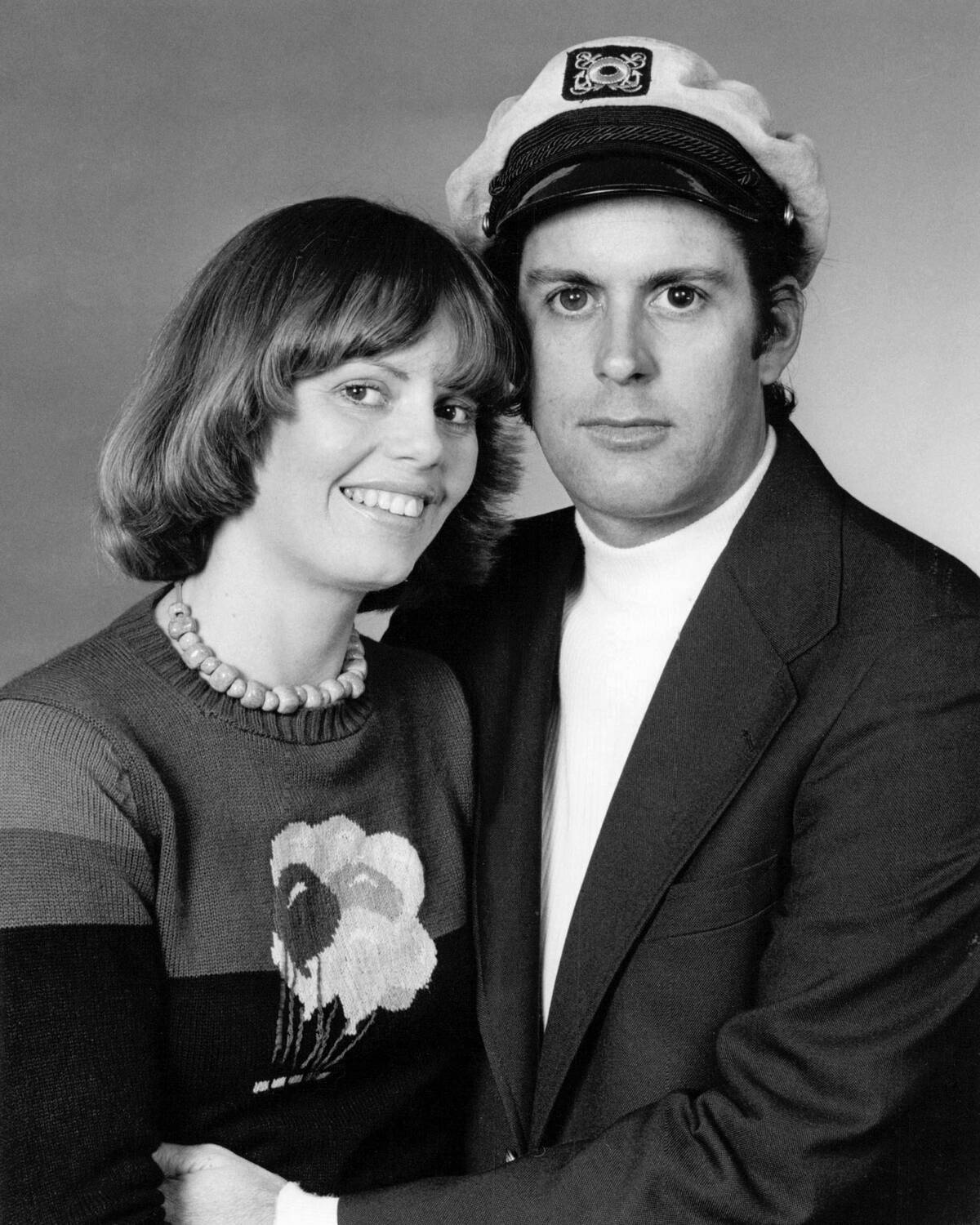
The mid to late ’70s could get pretty cheesy, but it’s hard to picture an act better suited to flourish in that low-stakes landscape than once-married couple The Captain & Tennille. Yet, while their songs could sometimes get cloying, nothing established how forgiving listeners were in 1976 more than “Muskrat Love.”
The cake in “MacArthur Park” may have been a metaphor, but there was no hidden meaning behind “Muskrat Love” at all. It’s a song about two muskrats falling in love, and it’s also one of the duo’s best-remembered songs, if not always because listeners liked it.
Ohio Express – “Yummy Yummy Yummy”
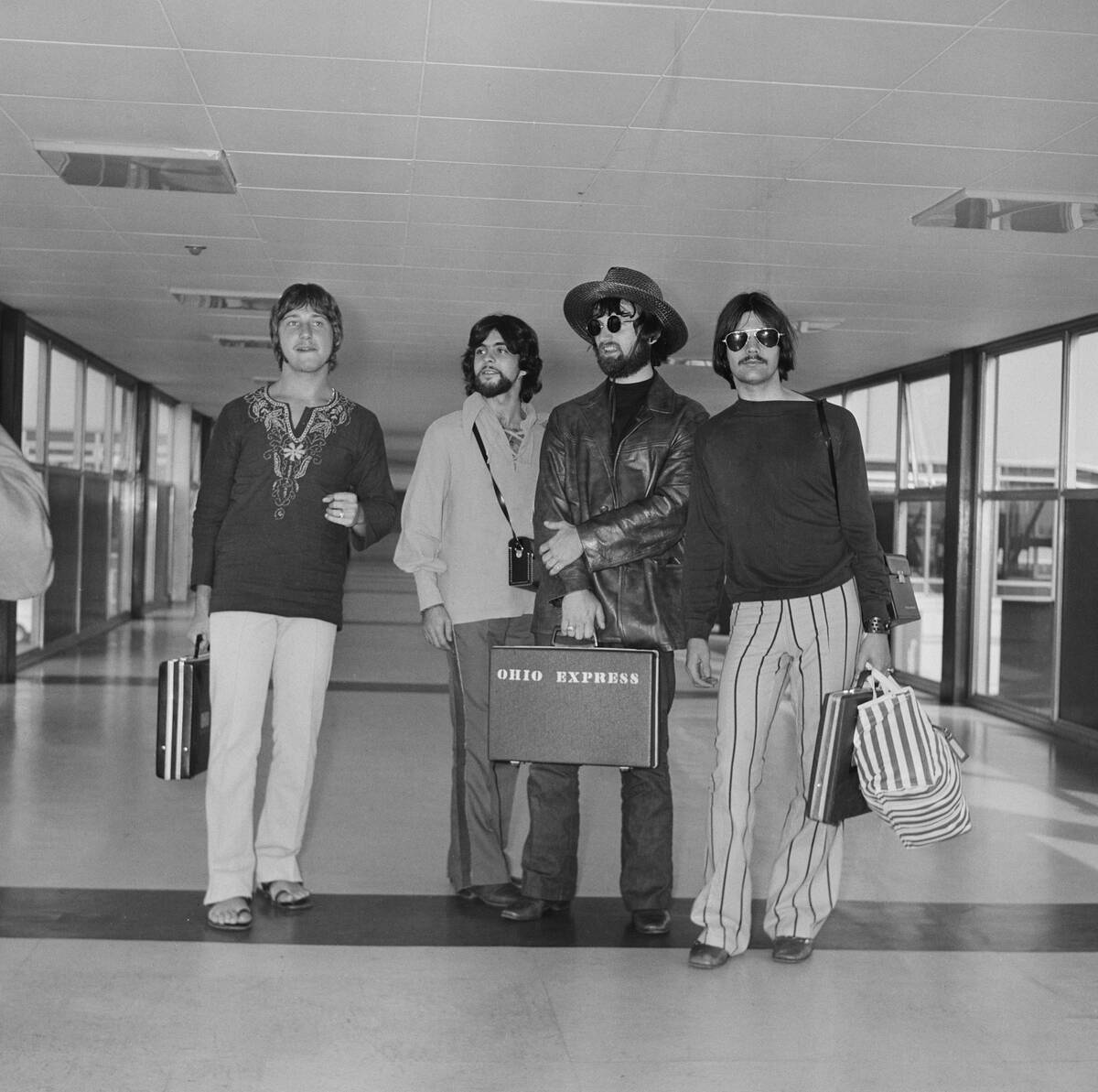
Although bubblegum pop was never a terribly reputable genre, it is fair to say that some of the music to arise from this subgenre was actually pretty well-made. Even the staunchest musical purist may be willing to give “Love Grows” or “Everlasting Love” a pass, after all.
Some songs, however, are far more indicative of why so many people couldn’t stand bubblegum pop at the time. And both the nasal vocal tone and the lyrics of the “Yummy yummy yummy, I’m got love in my tummy” chorus sound like they’re mocking the listener’s intelligence.
Rick Dees & His Cast Of Idiots – “Disco Duck”
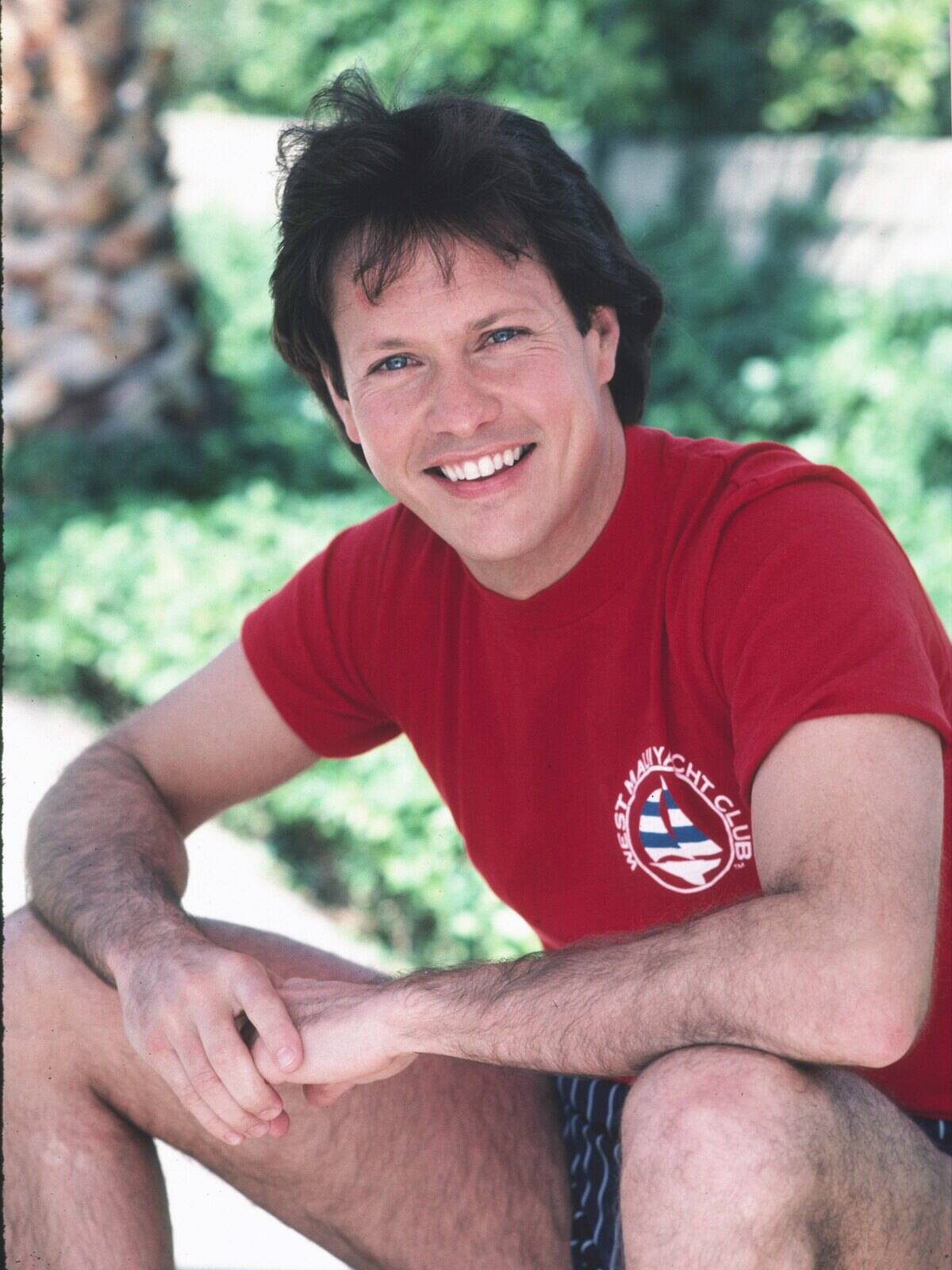
This feels like exactly the kind of ’70s ephemera that should have gone out when disco’s popularity waned, yet it had a surprisingly long shelf life. Even if it wasn’t necessarily a radio mainstay (thankfully), there was a surprisingly amount of pop culture and even ads referencing it decades after it came out.
If the company’s mascot is a duck, this probably wouldn’t be one of the more expensive songs to license, after all. While Donald Duck is a timeless enough character that younger generations will at least understand what’s going on here, that doesn’t mean they’ll like it any more than those in the ’70s who couldn’t wait for the radio to stop playing this did.
The Four Seasons – “Big Girls Don’t Cry”
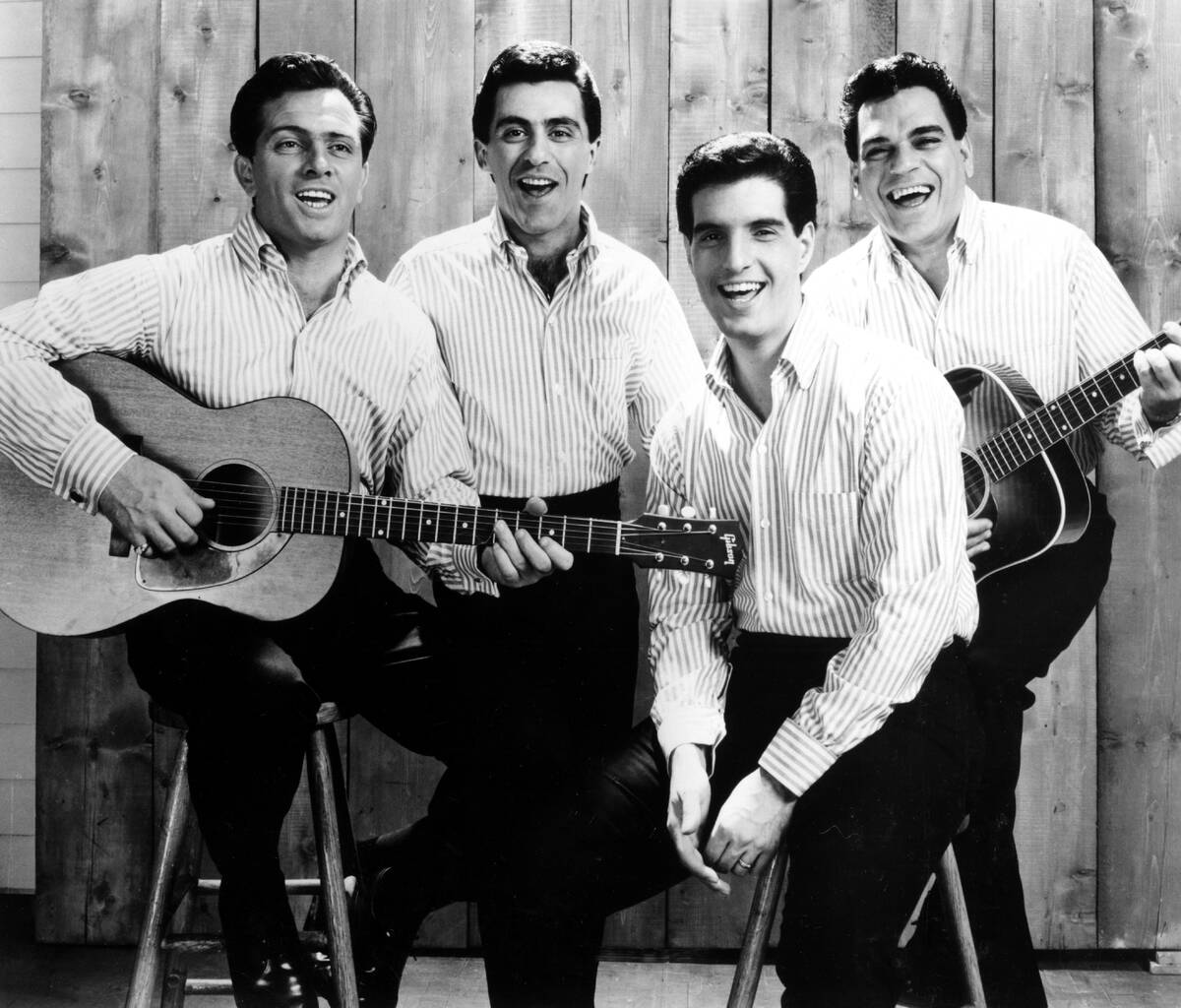
Although The Four Seasons were a venerable doo-wop group and hometown heroes for New Jersey, those who go back and listen to their old records may be surprised to rediscover just how shrill Frankie Valli’s famous falsetto was. Although this effect was mitigated a little on other songs like “Sherry,” however, Valli sounded his most obnoxious here.
There’s a very delicate art to singing a falsetto in a way that sounds powerful without feeling like nails on a chalkboard, and it seems that art hadn’t quite been perfected by 1962. However it felt to the public at the time when Valli started preferring his lower register, it’s a blessing in retrospect.
Paul Anka – “(You’re) Having My Baby”
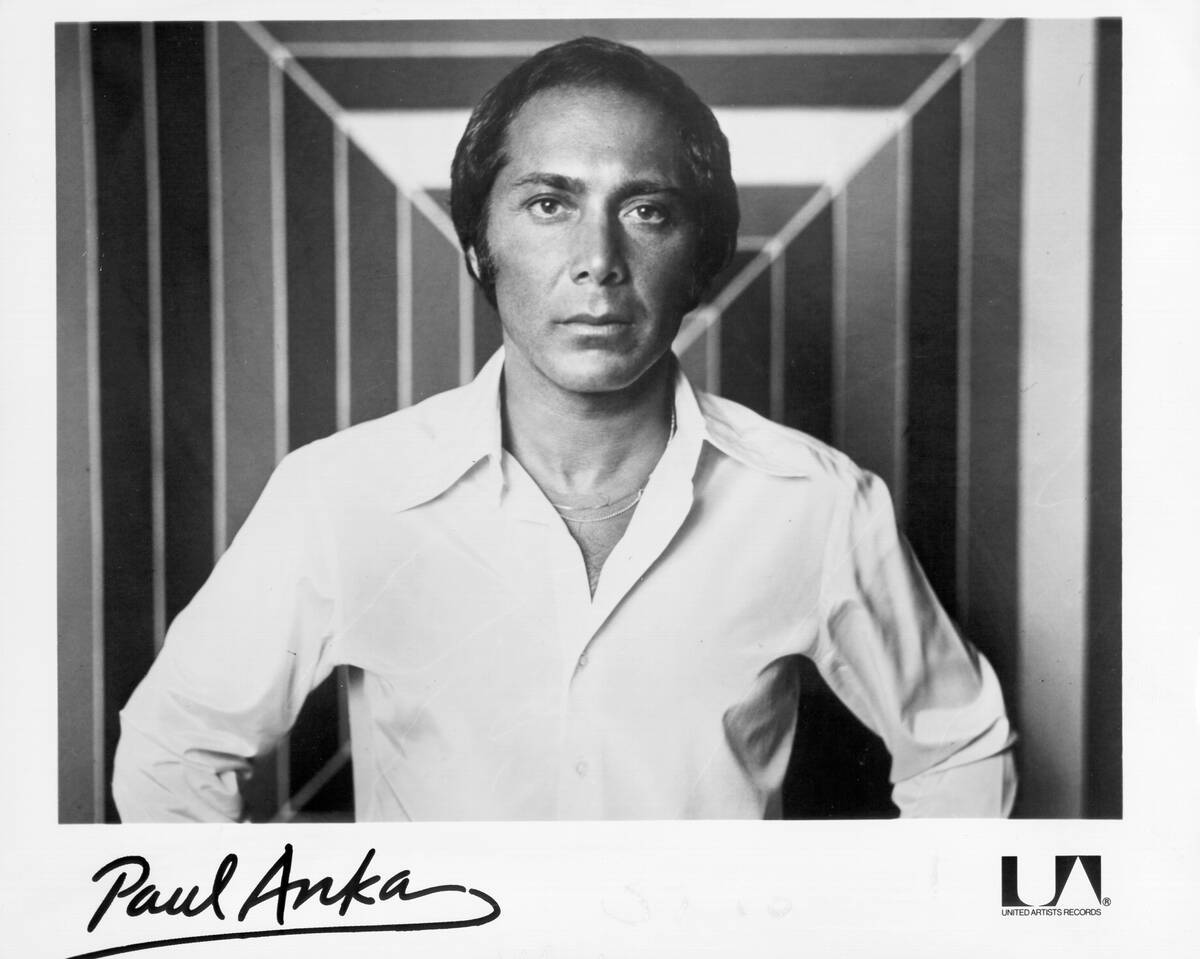
Although the pop scene of 1974 was considered historically rough, Paul Anka’s song “(You’re) Having My Baby” is considered one of the most illuminating examples as to why. In addition to being as plodding and dull as ’70s pop could get, the lyrics only rubbed the wrong way more as time went on.
That’s because this supposed love song about the mother of his future child is framed as being far more about him than the woman who’s actually having the baby. Indeed, it’s hard not to see lines like, “You’re havin’ my baby/What a lovely way of sayin’ how much you love me” as incredibly self-important.
Brian Hyland – “Itsy Bitsy Teenie Weenie Yellow Polka Dot Bikini”
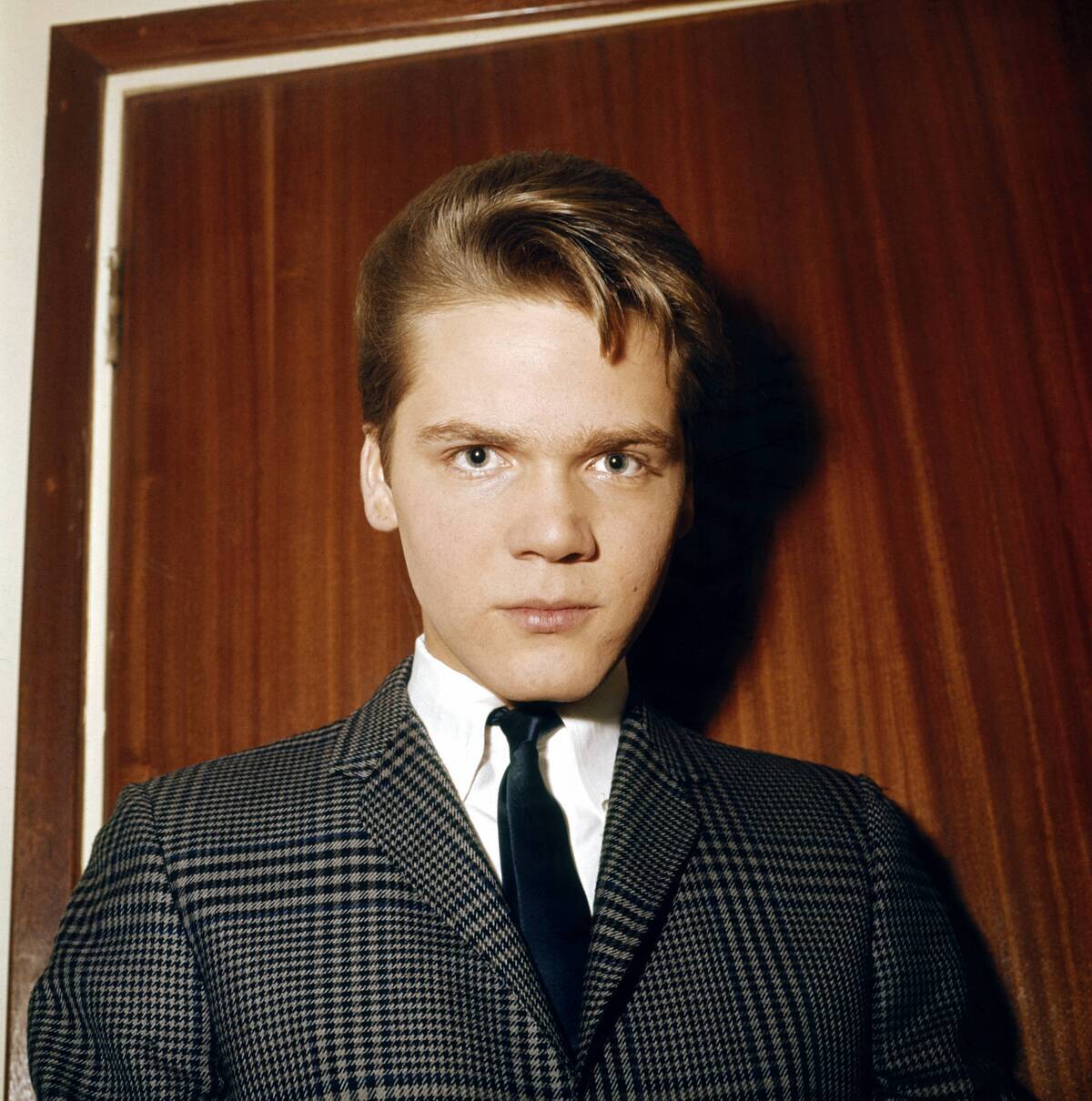
While the relative novelty of bikinis in the early ’60s likely had many young women feeling like the self-conscious girl in this song when she put one on, that doesn’t mean that “Itsy Bitsy Teenie Weenie Yellow Polka Dot Bikini” should have had the shelf-life it has. It seems the tune is just catchy enough, and the title so absurd that the song never quite found obscurity.
That’s unfortunate because from the very beginning of its rise to prominence, the song never took long to become grating. That was especially true when the chorus rolled around, as singing the title phrase more than once is a great way to get sick of it. Yet, it has somehow persisted.
Starland Vocal Band – “Afternoon Delight”
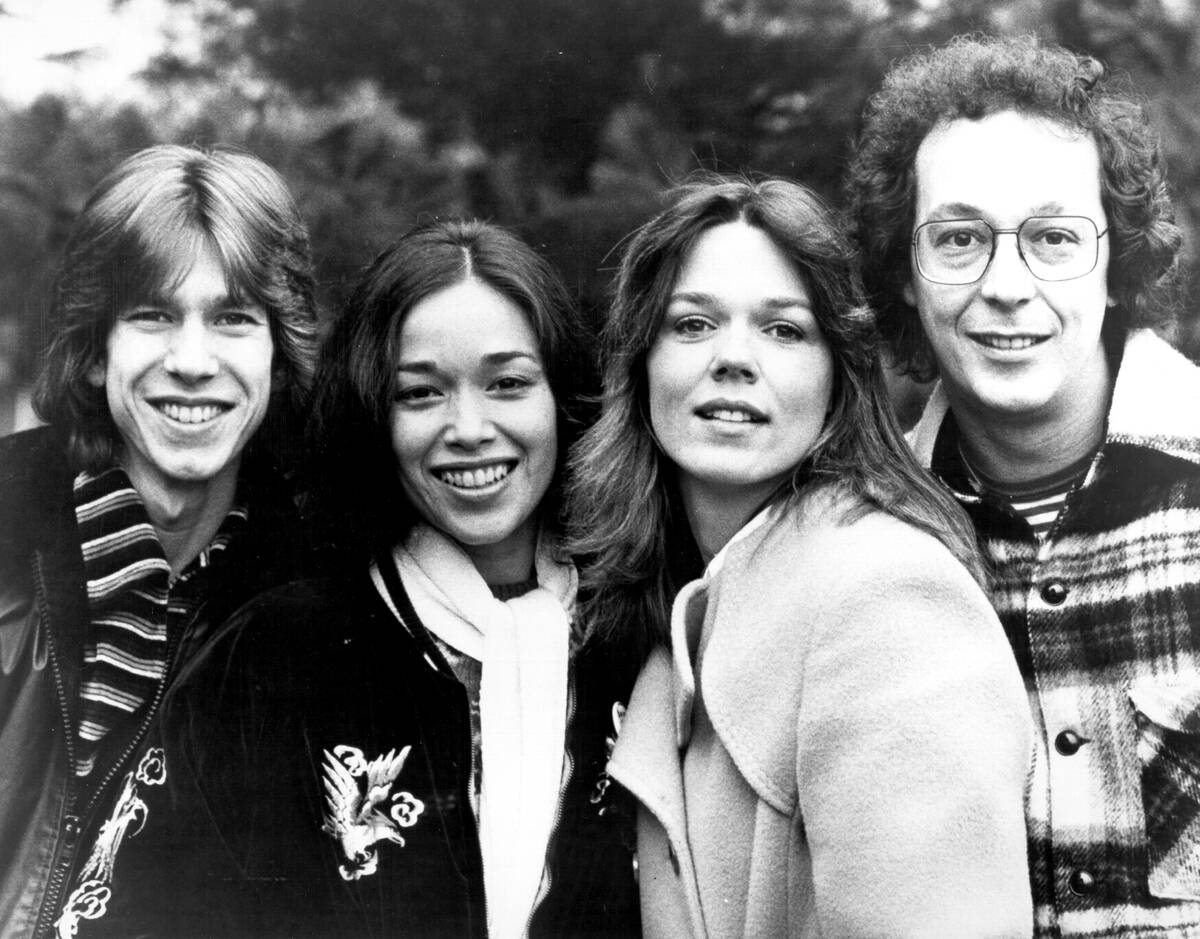
Although it’s unclear exactly how much Starland Vocal Band’s casually intimate ode to daytime lovemaking, “Afternoon Delight,” has found its way on the radio since it was big, what is fair to say is that there’s been a surprising enthusiasm behind referencing it in other pop culture.
Whether it’s Anchorman, Arrested Development, or The Simpsons, a lot of comedic properties have gotten mileage out of having their characters sing “Afternoon Delight.” While there’s a context for it in the case of Arrested Development, it’s hard not to see the other cases as ironic appreciation, as this song has gone down as one of the most hated tracks of the ’70s.
Terry Jacks – “Seasons In The Sun”
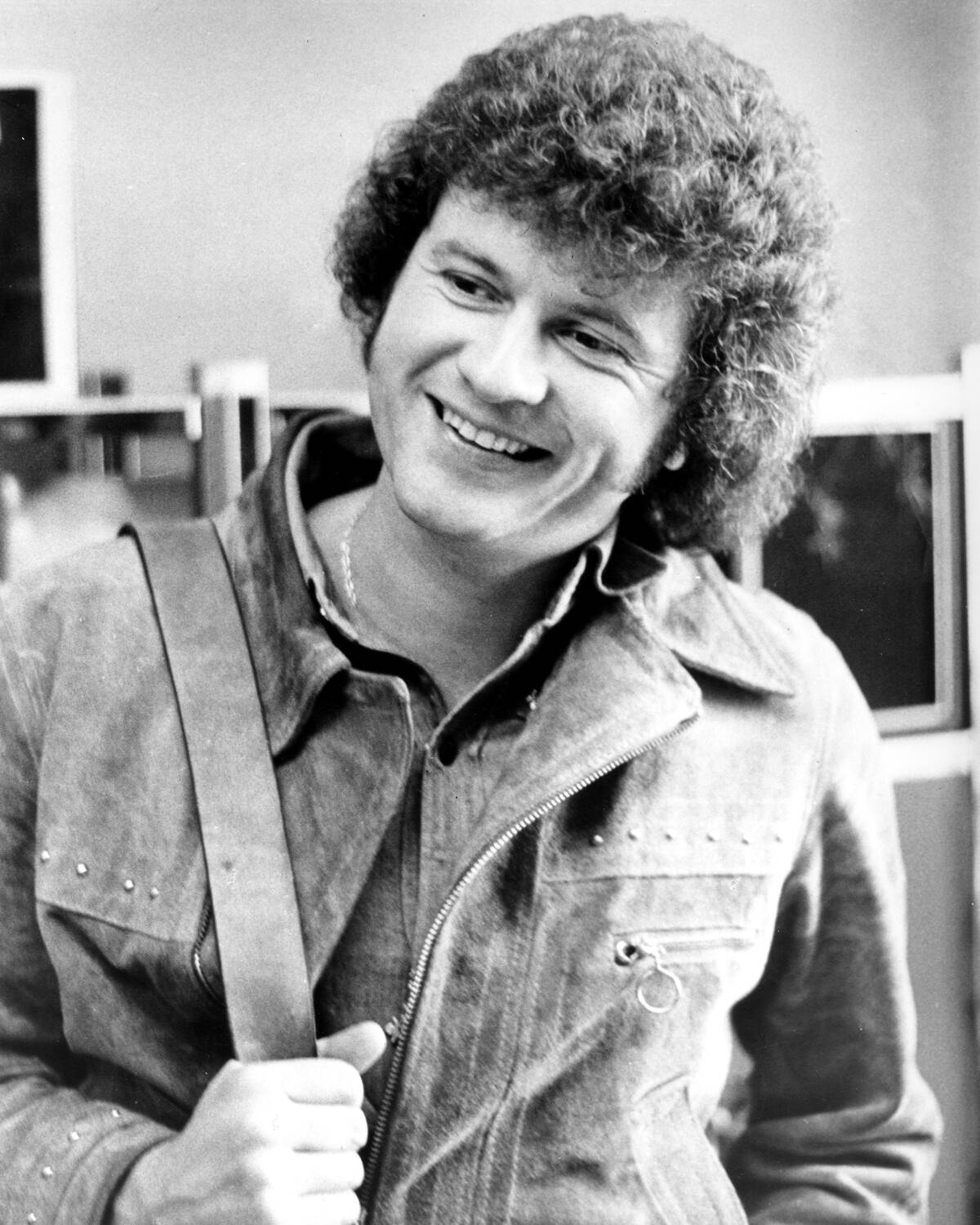
Although there was a roughly 15-year period in which a person could reasonably expect to get a hit by writing a tearjerkingly tragic narrative-driven song, Terry Jacks seemed to kill that path to stardom practically overnight with “Seasons In The Sun.”
It’s true that his version of the song came from a genuine place of mourning and appreciation but this sad truth didn’t make “Seasons In The Sun” any less treacly or overproduced. As such, it’s considered another perfect example of why 1974 was such a rough year for pop music.
Jefferson Starship – “We Built This City”
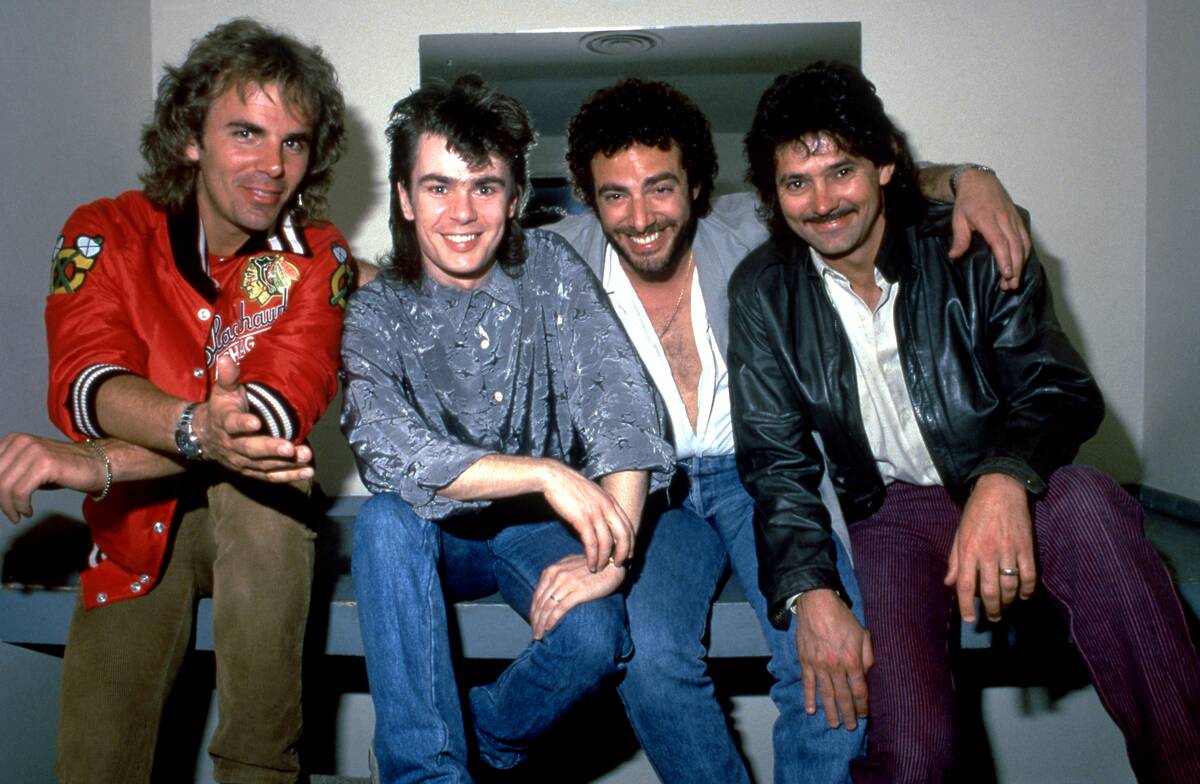
In fairness, the afterlife of Jefferson Starship’s maligned “We Built This City,” has typically seen people in media retrospective bring it up to lament how far the once-great Jefferson Airplane had fallen and to make fun of its ridiculous music video.
Nonetheless, this periodic gawking at one of the greatest missteps of the past has meant that this cheesy, overproduced, and thoroughly un-rock song has stuck around in people’s memories. While other awful songs of the past have been justly forgotten, it seems those who remember this nadir for the band can’t stop being mystified by it.
Dionne Warwick – “Do You Know The Way To San Jose?”
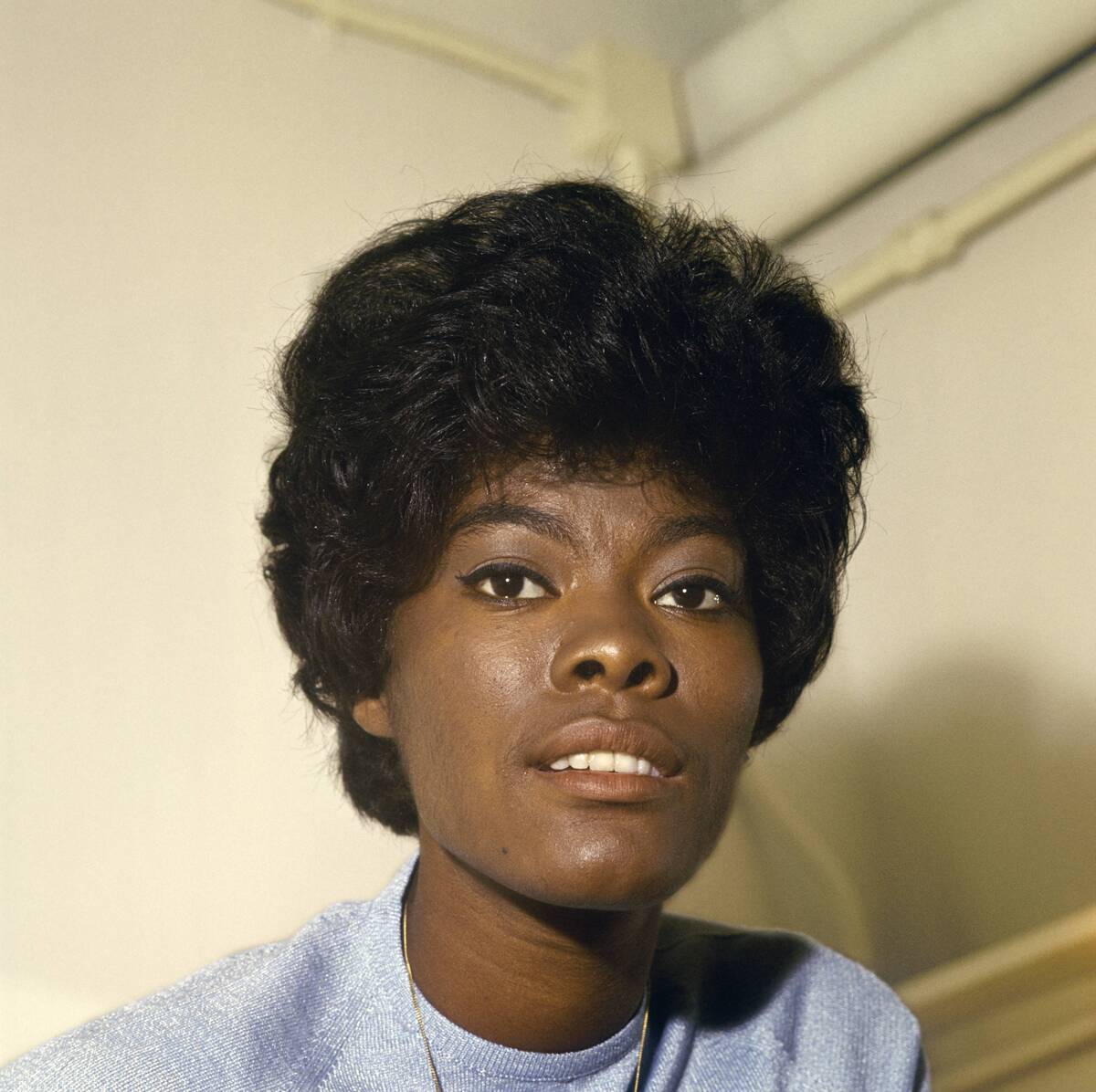
Although Burt Bacharach wrote a respectable selection of true classics for Dionne Warwick, this hasn’t gone down as the best of those compositions. While the idea of someone licking their wounds as they head back to San Jose after a failed attempt to pursue their big dreams in Los Angeles makes for a fine premise, it’s not executed terribly well.
The lyrics handle this topic with clunky metaphors and repetitive rhymes, and as NPR confirmed, Warwick seemed to agree from the very beginning. In her words, “It’s a dumb song and I didn’t want to sing it.” Although she always includes it in concerts, her opinion hasn’t changed.



